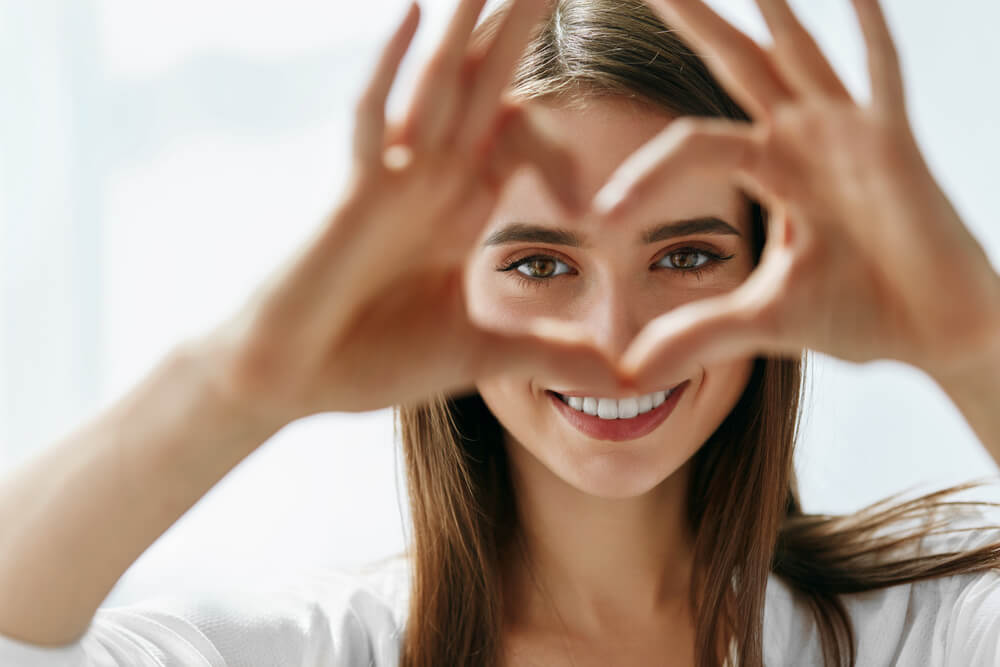All Categories
Featured
When it pertains to sun safety and security, lots of people concentrate on securing their skin from harmful UV rays. The effects of UV radiation on your eyes are similarly essential but typically neglected. Long term direct exposure to ultraviolet (UV) rays can result in different eye conditions, some of which may lead to permanent damage or vision loss. Whether you're outdoors on a bright beach or taking a stroll on a cloudy day, recognizing exactly how UV rays impact your eyes and discovering just how to secure them is important for maintaining healthy and balanced vision.
What Are UV Rays and How Do They Influence the Eyes? UV rays are a type of unnoticeable radiation sent out by the sunlight. There are 3 sorts of UV rays:
UVA Rays: These penetrate deeply into the skin and eyes, adding to long-lasting damages. UVB Rays: These are much more intense and can trigger surface-level damage, such as sunburn or corneal damages. UVC Rays: These are the most damaging however are soaked up by the Earth's environment and seldom posture a direct threat. Both UVA and UVB rays can damage different parts of the eye, including the cornea, lens, and retina.
Short-Term Effects of UV Direct Exposure. Also a short duration of extreme UV direct exposure can hurt your eyes. An usual condition resulting from this is photokeratitis, usually referred to as "sunburn of the eye." Signs consist of:
Agonizing or red eyes. Level of sensitivity to light. Extreme tearing. Short-term blurred vision. Photokeratitis is typically short-term yet acts as a suggestion of the prompt dangers of UV radiation.
Long-Term Effects of UV Exposure. Advancing UV direct exposure in time can result in numerous severe eye conditions, including:

Cataracts: UV rays increase the development of cataracts, a condition where the lens of the eye comes to be cloudy, causing vision impairment. Cataracts are a leading reason of blindness worldwide.
Macular Degeneration: The macula, a component of the retina responsible for main vision, can be damaged by extended UV exposure, increasing the threat of age-related macular degeneration (AMD)
Pterygium: Commonly called "surfer's eye," this problem involves a development of cells on the white part of the eye, which can cross the cornea and hinder vision.
Pinguecula: UV direct exposure can trigger yellow-colored spots to create on the conjunctiva, bring about irritation and discomfort.
Skin Cancer Around the Eyes: The fragile skin surrounding the eyes is highly vulnerable to UV radiation, increasing the risk of basic and squamous cell carcinoma.
Protecting Your Eyes from UV Damages. Fortunately is that securing your eyes from UV radiation is basic and efficient. Below are some necessary tips:
Use UV-Blocking Sunglasses. Pick sunglasses that obstruct 100% of UVA and UVB rays. Search for labels suggesting "UV 400" security. Wrap-around styles give additional coverage, preventing UV rays from going into from the sides.
Utilize a Wide-Brimmed Hat. A hat with a large brim can obstruct almost 50% of UV rays, offering extra defense for your eyes and the delicate skin around them.
Stay Clear Of Optimal Sun Hours. UV rays are best between 10 a.m. and 4 p.m. Decrease your exterior direct exposure during these hours, or guarantee you're appropriately protected if you need to be outdoors.
Protect Your Eyes Year-Round. UV rays exist year-round, also on cloudy or snowy days. Snow, sand, and water can mirror UV rays, intensifying their effects. Make sunglasses a component of your day-to-day regimen, no matter of the period.
Take Into Consideration UV-Blocking Call Lenses. Numerous contact lenses currently supply UV defense, which can be an additional protect when coupled with sunglasses.
Urge Eye Protection for Children. Kid's eyes are more at risk to UV damages due to the fact that their lenses are more clear, allowing more UV light to reach the retina. Ensure they put on sunglasses and hats when playing outdoors.
Arrange Regular Eye Exams. Normal sees to an eye care specialist are crucial for monitoring your eye health. An optometrist can detect very early signs of UV-related damages and recommend services, such as prescription sunglasses or UV-blocking glasses tailored to your demands.
Final thought. UV rays might be undetectable, however their influence on your eye wellness is really real. From short-lived pain to lasting problems like cataracts and macular degeneration, the dangers of UV exposure are also considerable to overlook. By wearing UV-blocking sunglasses, restricting your exposure throughout height hours, and organizing normal eye examinations, you can protect your vision and enjoy the outdoors securely. Keep in mind, your eyes are just one of your most beneficial properties-- take the required steps to secure them from dangerous UV rays today.
Latest Posts
Find Cost-Effective Auto Repairs with Montclare’s Limited-Time Service Specials
Learn About Leading Vehicle Maintenance Services in Chicago – Drive with Confidence
Don’t Miss Special Auto Repair Deals in Chicago at Montclare Auto Repair
More
Latest Posts
Find Cost-Effective Auto Repairs with Montclare’s Limited-Time Service Specials
Learn About Leading Vehicle Maintenance Services in Chicago – Drive with Confidence
Don’t Miss Special Auto Repair Deals in Chicago at Montclare Auto Repair